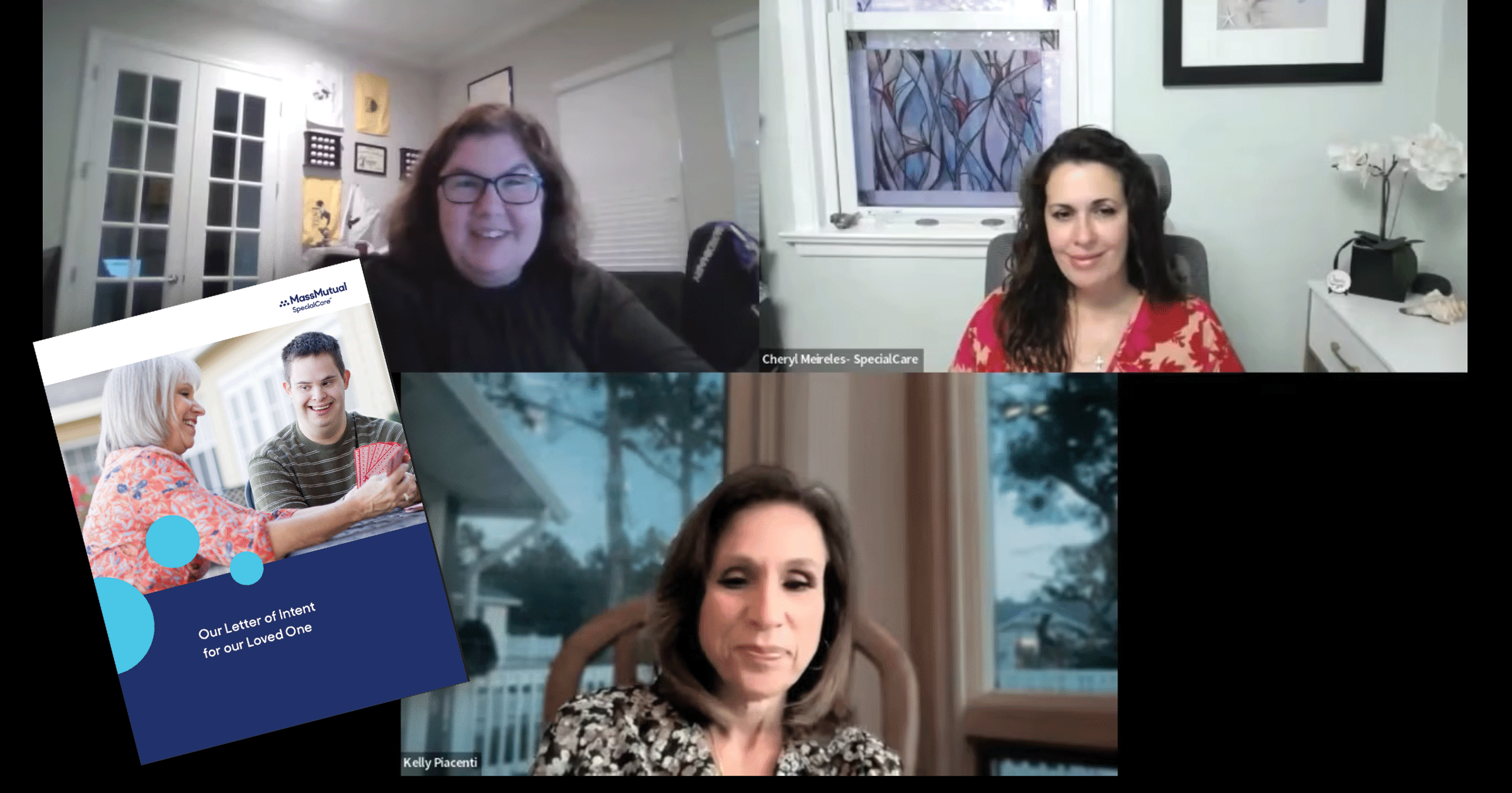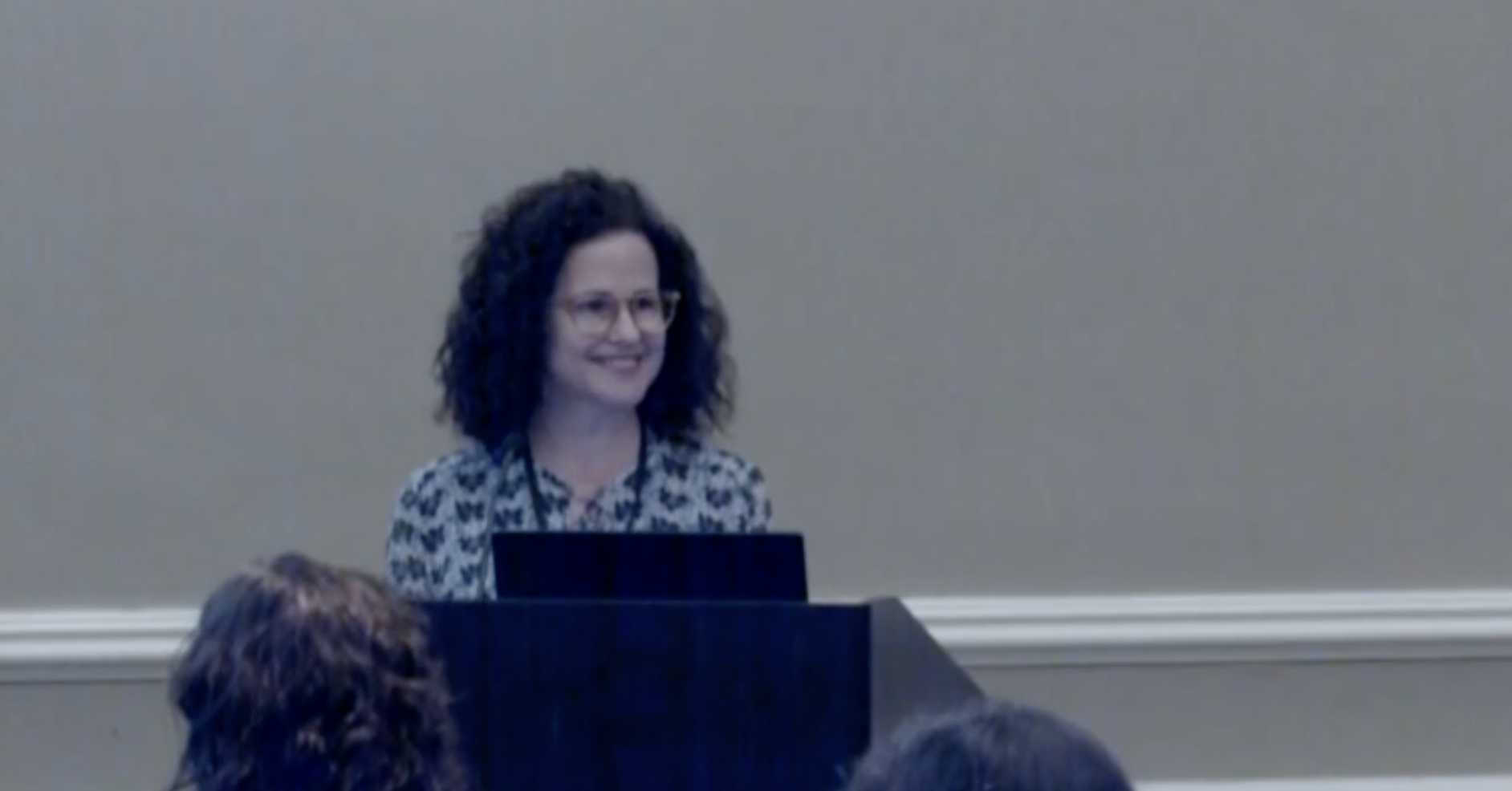About the Panelists
Susan Aaron
Suzanne Aaron is an Information & Outreach Specialist with The Arc of Illinois. She specializes in disability advocacy and family support, emphasizing parent education.
Suzanne feels that when parents are educated about the resources and programs available to help them navigate the complex systems of health care, federal and state programs, and special education, they are empowered to create the best life possible for their loved one.
Suzanne is also the parent of a young adult with intellectual and developmental disabilities and autism, and has helped compile resources on grief for families after receiving requests from families navigating these difficult times.
Caitlin Arndt
Caitlin Arndt, CCLS, has been a Certified Child Life Specialist working with children and their families for over 14 years, and is currently Collaborative Manager at Pediatric Experience Collaborative.
In 2010, Caitlin graduated from the University of Kentucky with a bachelor’s in family sciences. Prior to her current position, Caitlin worked as a Certified Child Life Specialist across three major pediatric health systems. She is passionate about creating supportive environments where children and families feel safe, seen, understood, and empowered — which led to her interest in patient and family experience. Caitlin resides in Cincinnati, Ohio, with her husband, two children, and golden retriever who is a retired hospital facility dog.
Arlen Gaines
Arlen Gaines, PhD, MSW, LCSW-C, APHSW-C, has been caring for individuals with serious illness and at the end of life for almost 20 years.
After years as a hospice social worker, she transitioned into leadership, focusing on leading psychosocial teams and elevating collaborative practice in hospice and palliative care. She developed a specialization in supporting individuals with developmental disabilities in their grief and speaks nationally on this subject.
She co-authored the award-winning “I Have a Question About …” series, which addresses complex topics for children, including those with developmental disabilities.
As the first social worker in the inaugural doctoral program in Palliative Care at the University of Maryland, Baltimore, she completed her dissertation research on the grief and bereavement experiences of children with intellectual disabilities.
Margaret Gilbride, JD, CT
Margaret Gilbride is a faculty member and director at the Boggs Center on Disability and Human Development whose portfolio includes aging and grief & loss projects.
She graduated from Indiana University School of Law and is certified in supported employment, customized employment, person-centered planning, interfaith hospital chaplaincy, and death education.
She is a member of the NJ Action Team on Aging and Disability, the Special Interest Group on Aging for the Association of University Centers on Disability, the Overlook Medical Center’s Bioethics Committee, and the National Community of Practice on Bridging Aging and Disability.




